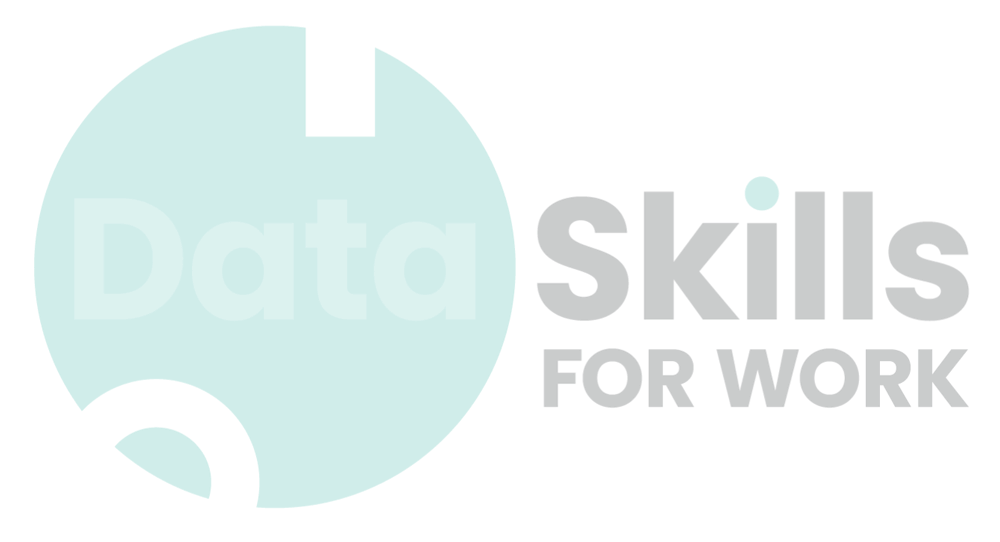This Data Lab funded project involved the Data Skills Gateway and Bayes Centre at the University of Edinburgh. The team worked with Effini to deliver a set of training materials around the learning outcomes of two national qualifications. They are designed to support online, in person, and self-directed learning that is short-term, flexible and modularised.
Read MoreThis involves looking at different types (qualitative/quantitative) and features of data, such as accuracy, completeness and sample size, helping to assess its quality, spot errors, and interpret it into meaningful findings.
Read MoreLearners will be able to assess the ethical implications of using data to drive decision making, including an understanding of bias/prejudice and what impact this can have on data science work.
Read MoreUsing data analysis tools to explore and take meaning from data, make calculations (from taking averages to advanced analytical models) and select suitable visualisations, using commonly used platforms (particularly Excel at Citizen and Worker level).
Read MoreAn awareness of relevant legislation is important for everyone producing and handling data, particularly personal data. This includes national and international regulations, what data can be shared/published, and approaches to ensuring data is held securely.
Read MoreVisualising data to provide insight and tell stories through data. At Data Professional level, this would involve looking at more advanced techniques and specialist platforms.
Read MoreUsing a geographical information system (GIS) to import, edit, manipulate and present data.
Read MoreAn introduction to data science programming languages (the research indicates Python and SQL are in highest demand), and the fundamentals of using programming for data engineering and analysis.
Read MoreData governance is an important consideration for those involved in supervising/governing the actions of others in an organisation in relation to data. This includes ensuring data integrity (data standards) and usability throughout its lifecycle (data flow), compliance with legislation, and ensuring processes are in place and followed by others.
Read MoreWhat data does the organisation have, what data is important, and how can you go about driving value from it? This is what a data strategy seeks to set out – looking at job roles, responsibility, infrastructure, organisational culture, policies, and regulatory compliance – setting out a plan for data-driven innovation.
Read More







